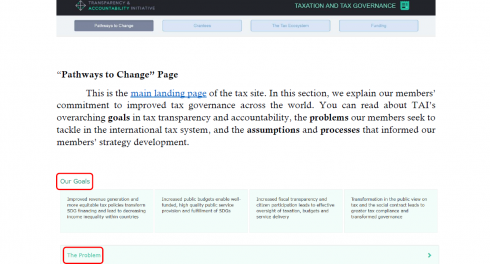
Recent years have witnessed an accelerating push to expand access to information on the beneficial ownership of corporate entities, in an effort to bring greater transparency to multinational corporation (MNC) tax strategies, identify personal tax-evading wealth held overseas and combat global networks of criminality and corruption. This effort remains in its infancy, but has made important strides: the G20 has called for all countries to develop and share registers of beneficial ownership, and various jurisdictions have begun to do so.
Yet while this agenda has advanced quickly, the likely benefits of these efforts for low-income countries remain unclear. Significant thought has been given to the potential role of beneficial ownership information for anti-corruption efforts; substantially less detailed empirical attention appears to have been given to its likely role in facilitating tax collection, where the benefits may be more uncertain owing to problems related to data quality, access and the ability and willingness to use it effectively.
This brief thus begins to explore a critical question for governments and civil society:
To what extent are current efforts to expand access to information on beneficial ownership likely, in practice, to enhance the ability of low-income countries to increase tax collection?
It proposes that for efforts to expand access to beneficial ownership to translate into improved tax outcomes in low-income countries, three broad conditions will need to hold true to a meaningful extent.


